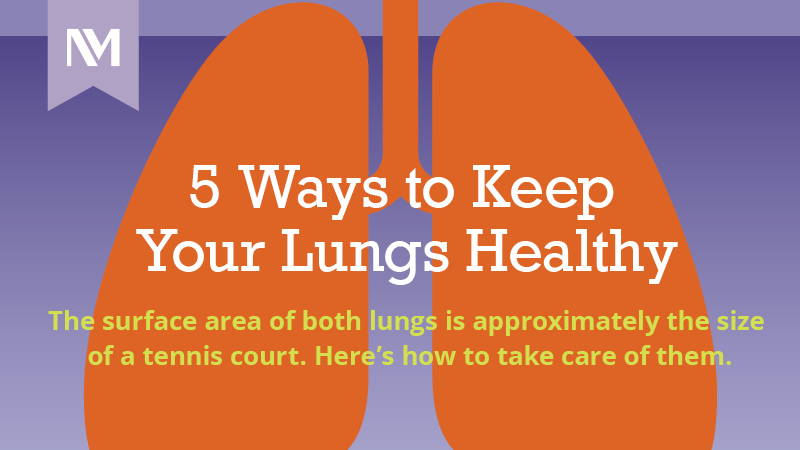Causes and Diagnoses
Causes and Diagnoses of Asthma
Asthma’s cause isn’t known, but researchers believe it’s related to genetics, infections, the environment and body chemistry. Asthma can be triggered by a number of different factors, which vary greatly from patient to patient. Triggers include:
- Colds and flus
- Airborne allergens, including:
- Pollen
- Mold spores
- Pet dander
- Dust mites
- Insect waste
- Exercise
- Smoke
- Extreme temperatures
- Air pollution
- Fragrances and chemical odors or fumes
- Stress
- Depression
- Obesity
- Sleep apnea
- Gastroesophageal reflux disease (GERD)
- Medications
- Sulfites and preservatives in processed food and beverages
Diagnosing asthma
In diagnosing asthma, your physician will begin by listening to your symptoms and doing a physical exam. Tests include:
- Spirometry: This test measures the quantity and speed of air you exhale to estimate how much your bronchial tubes are inflamed and narrowed.
- Peak flow meter: This device measures how hard you can exhale. Peak flow meters can be used at home to monitor your condition.
- Imaging: A chest X-ray or computed tomography (CT) scan can reveal if structural problems or infections are contributing to your asthma.
- Methacholine test: If your airways constrict after inhaling methacholine—a common asthma trigger—a diagnosis of asthma can be confirmed.
- Allergy testing: Skin tests or blood tests can determine if allergies are the cause of your symptoms and if allergy treatment is necessary.
Your physician may conduct the spirometry and peak flow tests before and after giving you a bronchodilator (an inhaled medication that opens your airways) to compare your breathing. If it improves after the bronchodilator, you likely will be diagnosed with asthma.



